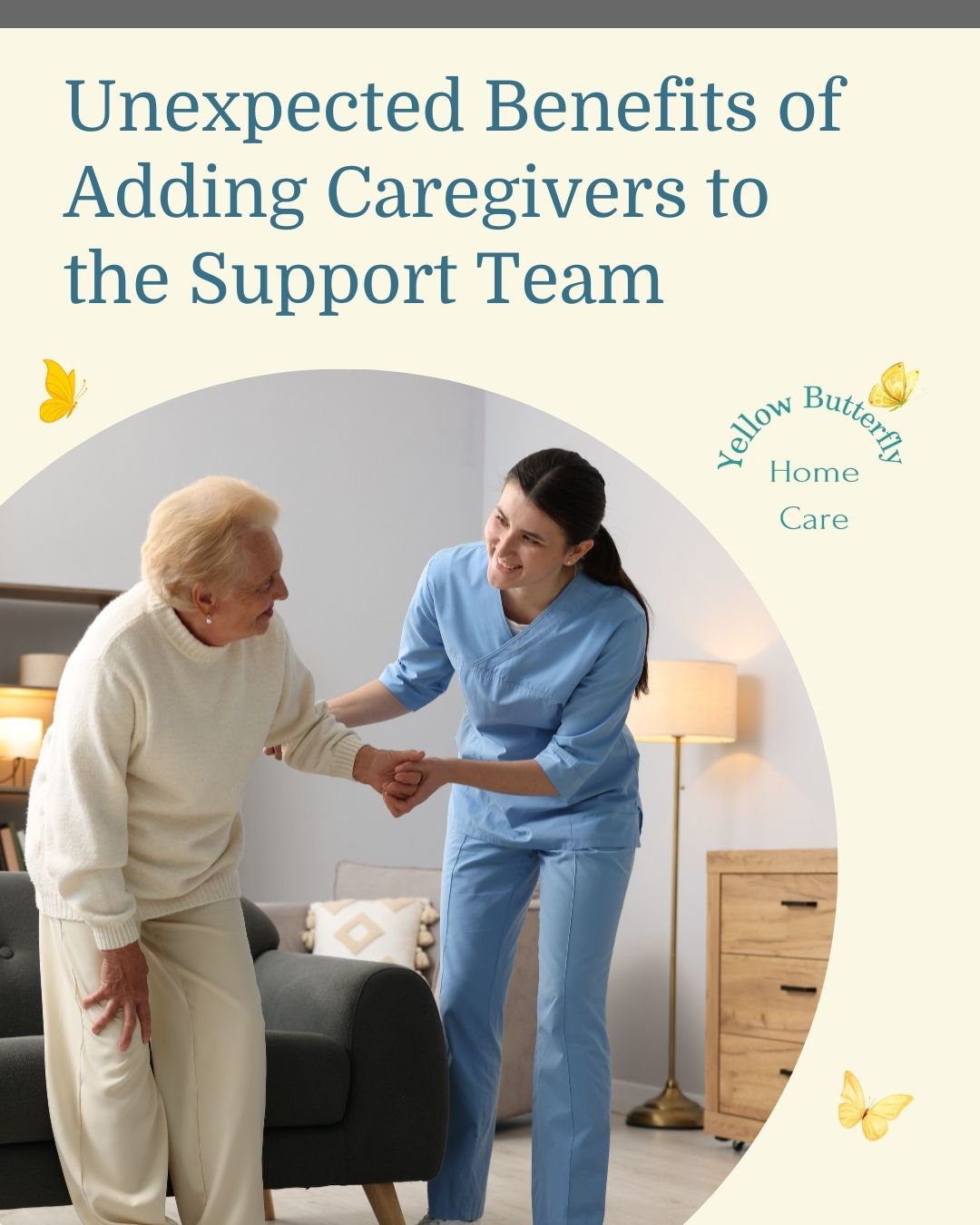When families consider hiring caregivers to assist aging loved ones at home, the talk frequently revolves around necessary services, such as medication reminders, assistance with bathing, or meal preparation. Families are usually shocked to learn that the benefits extend much beyond the fundamentals.

Improved emotional well-being is one of the most significant changes. Seniors living alone frequently experience loneliness and isolation, which can lead to cognitive deterioration and despair. Caregivers provide plenty of physical assistance, but they also offer genuine companionship. Simple daily activities, such as eating together, discussing current events, or going for a walk, can greatly boost mood and mental health.
Caregivers also provide a feeling of structure and routine, which many seniors seek but may struggle to maintain. This regularity can result in improved sleep, healthier food habits, and a safer living environment. Additionally, caregivers frequently notice changes in behavior or health before family members do, allowing for early intervention that can prevent hospitalization or further decline.
Adding caregivers to the support team also reduces stress for family members. Knowing that a skilled expert is present, even if just part-time, provides loved ones peace of mind and allows them to spend quality time together without needing to focus on care responsibilities, which can have a significant positive impact on family relations.
Perhaps most unexpectedly, caretakers can improve a senior’s sense of independence. With the correct support in place, seniors often gain more confidence in their ability to stay at home, pursue hobbies, or even participate more socially in their community.
Ultimately, adding caregivers is about more than just controlling aging—it’s about improving people’s lives. The correct support can help seniors thrive at home, giving them dignity, comfort, and a restored feeling of belonging.

